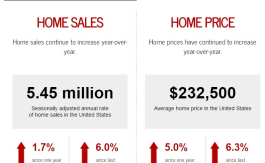Saving for a House: It’s More Than a Down Payment
By Chris Birk | CREDIT.com
http://homes.yahoo.com/news/saving-for-a-house–it-s-more-than-a-down-payment-182347558.html
It’s easy to get caught up in credit scores when considering a home purchase. But as lenders continue to loosen requirements, the need to have money in the bank doesn’t get any less acute.
Getting prescriptive about how much you need in savings to satisfy a mortgage lender is tough business. The answer can depend on a host of factors, from the type of mortgage and size of the loan to the property itself and more.
You’ll most likely need a solid chunk of change upfront to cover a down payment and closing costs. Lenders might also want to see a stockpile of “reserves,” which often translates to a certain number of months’ worth of mortgage payments.
The bottom line is that it’s tough to talk specifics about your bottom line. That’s why it’s important to get a solid understanding of your mortgage options and seek clear guidance from lenders.
Credit scores are critical, but so are income and assets when you’re applying for a home loan. Here are some of the important savings you’ll need to accumulate first.
Down Payment Needs
Down payments are inescapable for the vast majority of non-cash homebuyers. Outside of state or local programs, only government-backed VA and USDA rural development home loans allow qualified borrowers to purchase with no money down.
Conventional and FHA loans typically require minimum down payments of 5% and 3.5%, respectively. On a $200,000 mortgage, that’s $10,000 for conventional and $7,000 down for FHA. But buyers often put even more skin in the game.
Conventional borrowers last month had an average loan-to-value ratio of 80%, according to mortgage software firm Ellie Mae. For FHA loans, it was 95%. That means buyers are putting down an average of 20% for conventional loans and 5% for FHA loans.
Existing homeowners often have an advantage because they’re able to put the proceeds of a home sale toward a new purchase. It can take first-time buyers years to scrape together enough money for a down payment.
That’s partly why home sales among first-time buyers hit their lowest point last month since the National Association of Realtors began tracking the figure in October 2008.
Reserves
Paying the upfront costs of homebuying represents one pool of money. Lenders want to make sure you’ve got plenty left over to keep the monthly payments rolling in long after closing day.
One way they hedge risk is by requiring a certain amount of reserves. Guidelines can vary by lender, loan type and borrower. One month of reserves is usually equal to your monthly mortgage payment, including property taxes and insurance.
Conventional lenders typically seek from two to six months of reserves, but it could be as many as a year’s worth, depending on your risk factors.
[Are you ready to get a home loan? Click to compare interest rates from multiple lenders now.]
Neither FHA nor VA loans have a reserve requirement for single-family homes. But purchasing multi-unit properties under these programs typically requires three to six months’ worth of reserves. Reserve requirements will also vary for jumbo loans.
A healthy amount of reserves can help homebuyers on the edge. Lenders can consider these assets as a positive compensating factor, which can help a spotty loan file overcome credit or debt issues and help the mortgage process move along faster.
Residual Income
Lenders will take a close look at the ratio of your major monthly debts against your gross monthly income. This is known as debt-to-income (DTI) ratio, and different loan programs have different requirements.
Money-wise, it’s not just the income stream some borrowers need to worry about.
Some lenders and loan types may require you to have a certain amount of money left over each month after paying major expenses. The VA loan program has pioneered this requirement, known as residual income. VA borrowers must meet a monthly residual income benchmark that can vary based on where you live and your family size.
For example, a family of five in the Northeast needs at least $1,062 left over each month after paying those major bills (think mortgage, student loan, child care).
The FHA recently adopted the VA’s residual income requirement as a test for borrowers with higher debt-to-income ratios. The change takes effect in late April.
Residual income doesn’t necessarily represent funds you need to earmark for savings. But knowing how to budget and save are key traits of successful homeowners.
Other Upfront Costs
Securing a mortgage will come with other upfront expenses. Many will vary depending on the type of loan and your specific purchasing situation. All loans have closing costs, which can include things like origination fees, title insurance, prepaid property taxes, homeowners insurance and more.
But who pays them is often a matter of what you can negotiate with the home seller. It’s not uncommon for VA buyers to purchase with $0 down and have a seller pay all of their closing costs.
Read more on other upfront Costs here…
http://homes.yahoo.com/news/saving-for-a-house–it-s-more-than-a-down-payment-182347558.html







